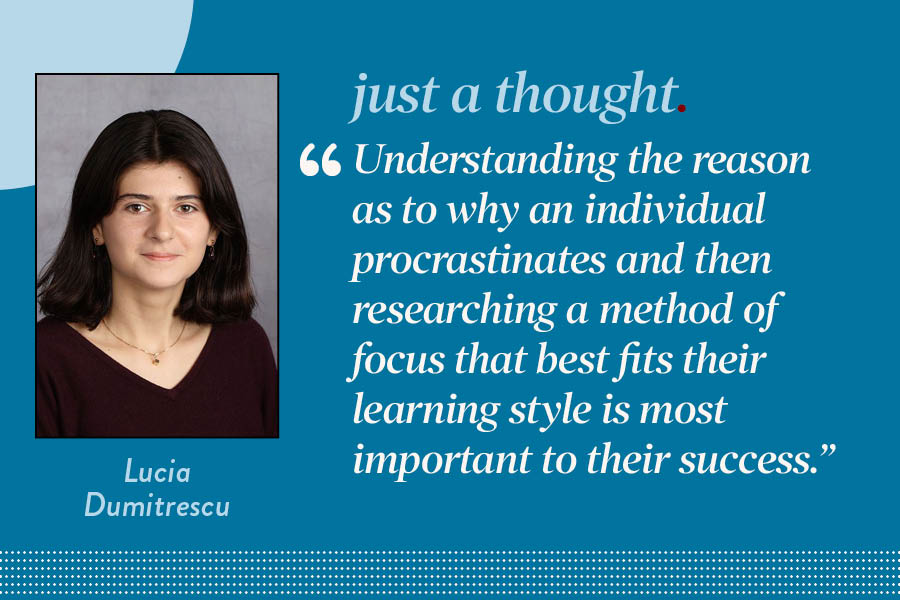Procrastination is the act of unnecessarily postponing or delaying a project, activity or task and is a natural behavior embedded in human culture, with records of it going back to ancient civilizations such as the Greek and Romans.
It has a significant detrimental impact on a person’s emotional and mental state, as well as their productivity, well-being and self-image, yet despite how common it is, there is not enough substantial research dedicated to finding solutions to overcome this mindset.
A 2016 German study found procrastination to be most evident in 14- to 29-year-olds because of their lack of preparation for more complex and painful emotions, and they often succumb to their desire for short-term relief and use procrastination to briefly ward off their negative feelings.
As time passes, people can become addicted to the procrastination lifestyle, viewing themselves as failures and losing interest in their work, and possibly even their life, as they watch themselves fall behind family and friends.
So even with an increase in procrastination research from 1990 to 2020, according to a 2022 study, the collected data has been mainly dedicated to further enhancing knowledge regarding the stimulus and consequences of procrastination rather than finding tangible solutions to lessen the effects procrastination has on someone.
Although a frightening and overwhelming mindset, people can overcome procrastination through self-awareness and self-discipline. Whether it stems from anxiety, stress, fear of failure, perfectionism or indecisiveness, understanding the reason as to why an individual procrastinates and then researching a method of focus that best fits their learning style is most important to their success.






















































Cindy Jurisson • Mar 26, 2024 at 11:02 am
Thank you Lucia for a very helpful article!